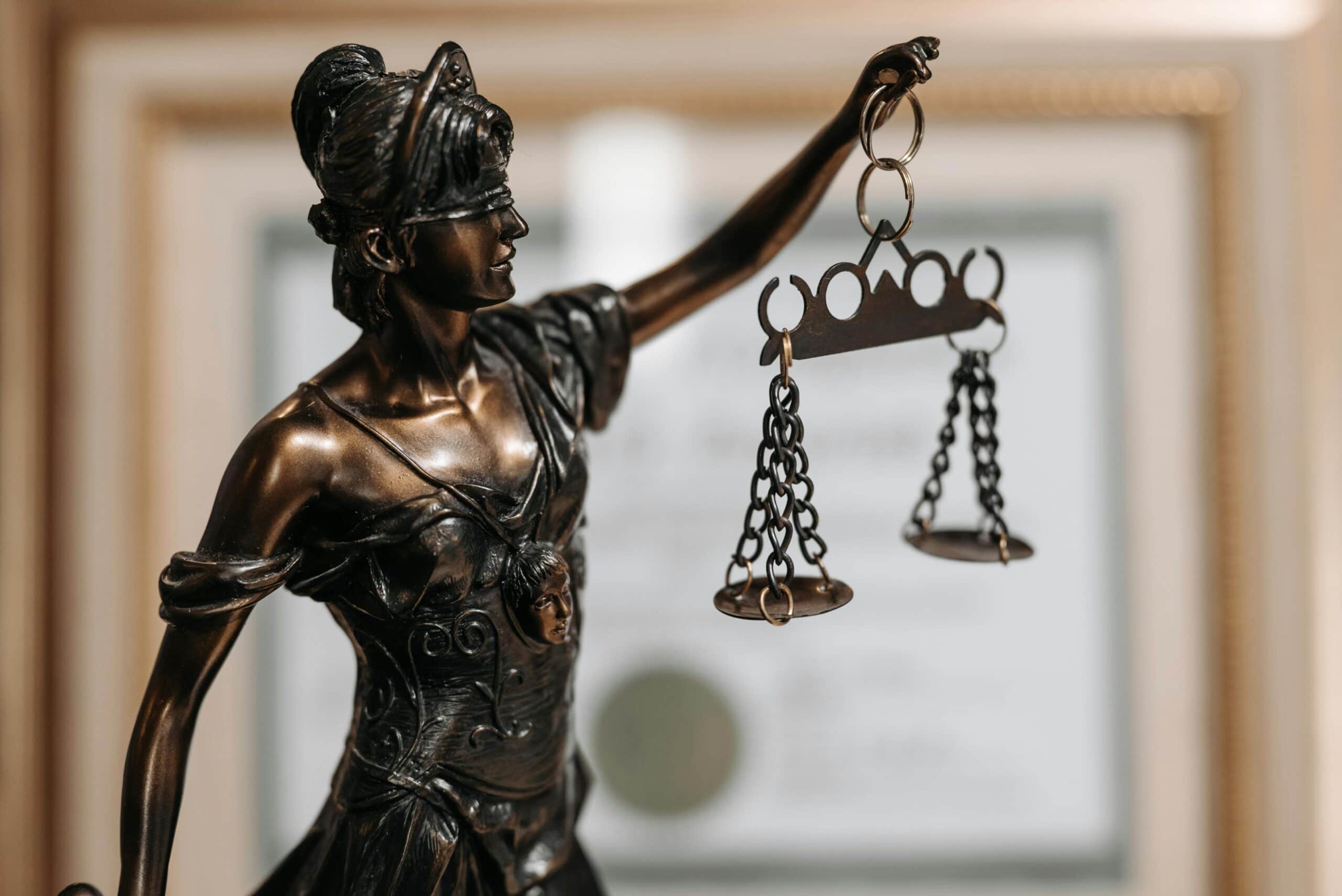
One green light, one intersection, one split-second decision. You’re driving through familiar streets in Denver when another vehicle slams into your side, shattering glass, bending metal, and ripping the ordinary apart. In the aftermath of a T-bone collision, you’re not just left with a wrecked car, you’re left piecing together your body, your life, and your sense of safety. If you’re wondering Can I sue after a T-bone car accident in Denver? You’re not alone.
These car crashes leave more than bruises. They leave questions that wake you at night: Who will pay for my medical bills? How long will I be out of work? Will the insurance company do the right thing, or turn its back on me?
But here’s what matters most: you have rights. You have options. And you are not powerless. Understanding Colorado law, recognizing the signs of negligence, and taking the right steps after the crash can make the difference between being dismissed and getting the fair compensation you truly deserve.
So ask yourself, are you ready to fight for accountability, for recovery, for peace of mind? If you were involved in a T-bone accident in Denver, it’s time to understand what comes next. Reach out to an experienced car accident attorney for specific advice catered to your situation.
What Makes T-Bone Accidents So Dangerous?
T-bone accidents involve two vehicles crashing at a perpendicular angle, one striking the side of the other. These auto accidents typically occur at intersections when a driver fails to yield, ignores traffic laws, or engages in reckless behavior like distracted driving or speeding through red lights.
Because the sides of vehicles offer far less protection than the front or rear, t-bone accidents often cause:
- Catastrophic injuries, such as traumatic brain injuries or spinal cord injuries
- Severe injuries like broken bones, internal bleeding, or organ damage
- Fatal injuries resulting in wrongful death claims
According to the Colorado Department of Transportation, intersections are hotspots for traffic accidents in the state.
Understanding Liability in a Denver T-Bone Collision
To sue after a T-bone accident in Denver, the injured party must prove negligence. That means showing the other driver violated their duty of care and caused the crash.
Negligent driving often involves actions such as:
- Running a red light
- Distracted driving (texting, eating, or using in-car devices)
- Drunk driving or drug-impaired driving
- Failing to yield to oncoming traffic
- Reckless lane changes or speeding through intersections
Under Colorado’s comparative negligence law (C.R.S. § 13-21-111), you can still file a personal injury lawsuit even if you were partially at fault, as long as your share of fault is less than 50%. However, your compensation will be reduced by your percentage of fault.
For example, if you’re awarded $100,000 in damages but found 20% at fault, you’ll receive $80,000.
What Damages Can You Recover After a T-Bone Accident?
After a T-bone crash, you may suffer both economic damages (financial losses) and non-economic damages (personal suffering). Colorado law allows you to recover compensation for:
Economic Damages:
- Medical bills and ongoing treatment
- Lost wages from missed work
- Future loss of earnings due to long-term disability
- Property damage ( such as damage to your vehicle)
- Out-of-pocket costs not covered by health insurance
Non-Economic Damages:
- Emotional distress, such as pain and suffering
- Loss of enjoyment of life
Legal reference: Legal guidance for damage assessment often follows Colorado’s Civil Jury Instructions, including CJI-Civ. 6:1 for adult plaintiffs and CJI-Civ. 6:2 for minor plaintiffs. While not binding law, courts frequently use these as frameworks when evaluating non-economic damages.
In cases of catastrophic injuries, such as spinal cord injuries or permanent disability, the compensation can be substantial, especially if long-term care is required.
If a loved one dies due to a T-bone collision, eligible family members can file a wrongful death lawsuit to recover funeral costs, lost future income, and loss of companionship.
What Does Colorado Law Say About Car Accident Claims?
In Colorado, car accident victims have the right to seek justice through a personal injury claim when another party causes an auto accident through negligence. Under C.R.S. § 13-80-101, the statute of limitations for filing a car accident claim is three years from the date of the crash.
Important legal points to note:
- Colorado is a fault-based state for auto insurance. The at-fault driver’s insurer typically pays for damages.
- All drivers must carry bodily injury liability insurance:
- If the insurance company unreasonably denies or delays payment, you may have grounds to file a bad faith claim under Colorado law. These claims require proof that the insurer acted without a reasonable basis and knowingly or recklessly disregarded your rights.
Legal Reference: Colorado Revised Statutes § 42-7-414
Steps to Take Immediately After a T-Bone Collision
Taking the right steps after a crash can significantly impact your ability to recover damages.
Here’s what you should do at the accident scene and afterward:
- Call 911 and request medical attention: Your health comes first.
- Get a police report: This is a key document in your car accident claim.
- Document everything: Take photos of the scene, damage, and injuries.
- Collect contact information: Get details from the other driver and any witnesses.
- Seek follow-up care: Your medical records are crucial in proving injuries.
- Notify your auto insurance company: However, do not provide any recorded statements without first seeking legal advice.
Even if you feel fine, some bodily injuries (like internal trauma or whiplash) manifest days later. Always get evaluated after a car crash.
When Should You Contact a Car Accident Lawyer?
You should reach out to an experienced car accident attorney if:
1. You suffered serious injuries or permanent disability
2. The insurance company refuses to offer a fair settlement
3. Your case involves comparative negligence or a truck driver
4. You’re facing high medical expenses and lost income
5. A loved one died, and you wish to pursue a wrongful death claim
To support your car accident case, your car accident attorney will collect:
- The official police report
- Witness statements from the accident scene
- Medical records showing physical injuries
- Photos of vehicle damage and road conditions
- Car insurance documents
A Denver car accident lawyer can help you calculate damages, gather evidence, negotiate with insurers, and file a personal injury lawsuit if needed. They’ll also ensure you comply with all Colorado traffic laws and procedural deadlines. Some personal injury attorneys may even work on a contingency fee basis, meaning they only get paid if you win.
Know Your Rights as a T-Bone Accident Victim

T-bone accidents can result in significant disruption physically, emotionally, and financially. But Colorado law gives you the right to fight back, recover compensation, and hold the at-fault driver accountable. Whether you’re dealing with physical injuries, property damage, or emotional distress, you don’t have to handle this alone.
At Bourassa Law Group, we help car accident victims across Denver understand their legal options. Our personal injury lawyers are here to guide you through every step of the legal process, from investigating your crash to demanding maximum compensation for your personal injuries.
Contact us today for a free consultation. Let’s help you build a strong car accident case and take back control of your life.





